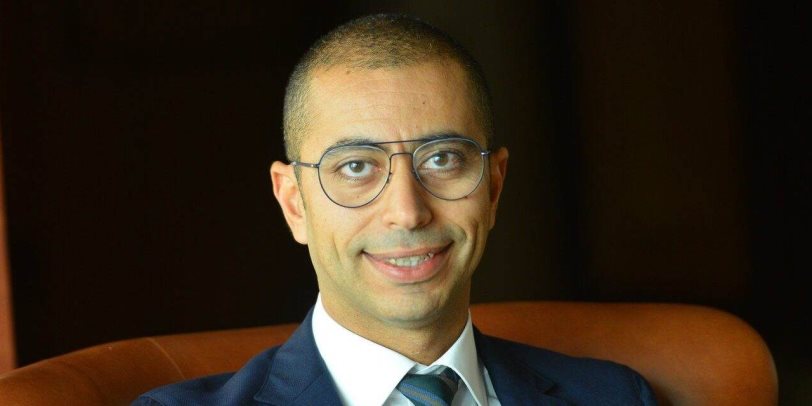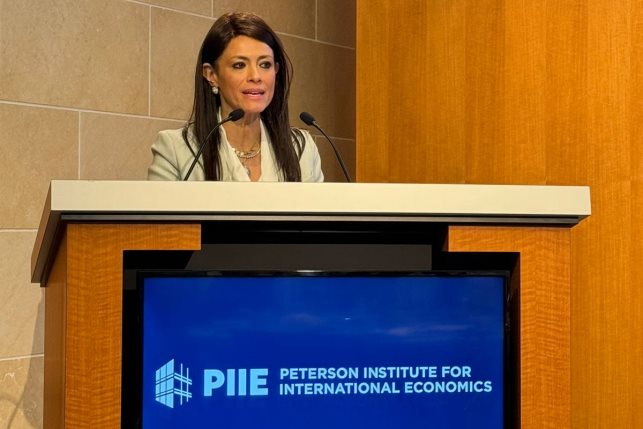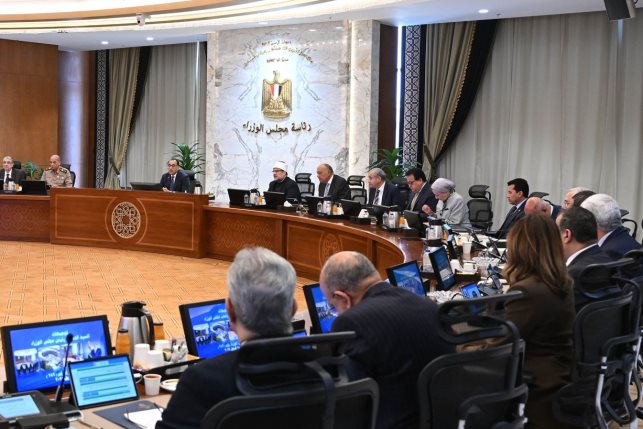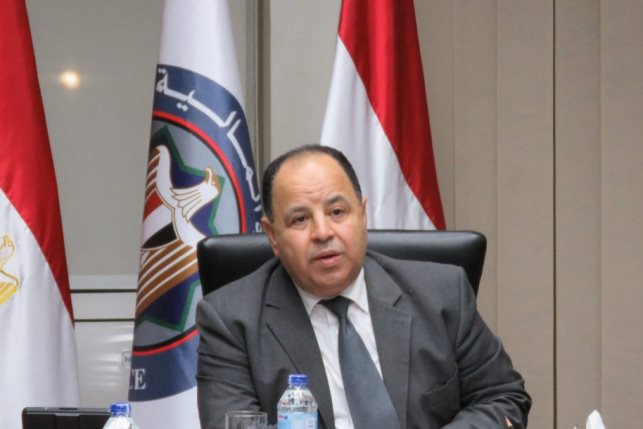Vodafone in the Lead of Digital Transformation: Interview
Vodafone Egypt's CEO speaks about digital transformation and Vodafone’s preparedness for Covid-19 as a digital focused company

As published in our January - February 2021 issue
The past months have seen an accelerated push for digital transformation due to the Covid-19 pandemic, a push supported by information and communications technology companies.
Having always kept digitization as a priority, Vodafone has been prepared to confront the pandemic’s challenging circumstances, offering advanced digitized solutions from day one.
CEO of Vodafone Egypt Mohamed Abdallah speaks about the company’s efforts amid the pandemic, Egypt’s 2030 digital transformation vision, and Vodafone’s latest accomplishments and future plans.
What government endeavors do you believe have helped support growth in the ICT sector, in turn supporting the country’s resilience to the effects of the virus?
The exceptional circumstances imposed by Covid-19 have drastically accelerated the urgency of the government’s 2030 digital transformation vision, causing 2020 to witness several milestones in the digitization process.
The Ministry of Information and Technology has implemented an experimental activation of an online platform equipped with 34 digital services dedicated to enabling the consumers to tend to their needs from home, ranging from supply services, court cases, issuing licenses, and most importantly, various electronic payment methods encouraging the regular practice of financial inclusion.
Moreover, the government has allocated frequencies for the telecom sector worth $1.17 billion, which pushed us to immediately seize the opportunity by obtaining new spectrums at 40 MHz in the frequency band 2600 from the NTRA with an amount of $540 million, under aims to expand our investment plan during the upcoming period.
An already digital-focused company, how prepared was Vodafone for the pandemic and its impacts on the country’s infrastructure and the workplace?
Despite the serious implications of such a global crisis, this has actually further strengthened Vodafone’s strategy to continue its path in implementing digital transformation in various sectors, including education and health, as well as supporting daily wage workers through financial inclusion and SMEs and SOHOs through digital platforms such as V Hub, which is equipped with all the necessary digital tools that entrepreneurs would need to grow their businesses.
Vodafone Egypt has always been of the first companies to keep digitization as a priority, stemming from the company’s belief that the Egyptian market is a fertile environment for digital transformation.
The company’s constant keenness to invest in its advanced infrastructure and provide mechanized digital services to improve Egyptians’ quality of life played a great role in preparing us for the current circumstances.
For instance, Vodafone was among the first companies in the IT sector to launch electronic payment services and other advanced digital solutions that have been proven to be essential with the pandemic taking place.
As part of the ICT panel during this year’s Egypt Economic Summit, what would you say was the most interesting matter discussed?
I would say [it was] how Covid-19 crisis opened doors for more potential digital transformation opportunities in the telecoms sector, which brings the subject of the 5G generation that is currently considered the main pillar for the flourishment of the ICT sector, as it would greatly contribute to paving the way for the implementation of a full digital experience in Egypt.
In light of upcoming plans, we have discussed during our presidential meeting with Vodafone Group Official Nicholas Reed the possibility of conducting a trial to generate 5G technology in the New Administrative Capital, especially after acquiring the new frequencies that are set to create a breakthrough in the quality of services.
The demand for digital services, such as e-payments, have skyrocketed due to the pandemic. How have Vodafone’s offerings and services changed or further grown to meet the new demands and expectations by consumers?
Vodafone has set the development of the future of e-wallets among the company’s main objectives since 2013.
Therefore, it has become a pioneer in establishing and excelling at implementing financial inclusion through Vodafone Cash, which acquired the largest share of the market value of e-wallets, amounting to 62.7 percent with more than 8 million users in Egypt.
The company has also taken the necessary measures to facilitate the process of managing customers’ financial obligations, enabling them to register by using only their national IDs, and encouraging them to stay at home.
This comes in line with the government’s and the Central Bank’s plans to reduce cash transactions for the sake of promoting financial inclusion during the current period. [This was] in addition to raising the maximum limit for daily transactions to LE 30,000 from LE 6,000, doubling the monthly transactions to reach LE 100,000, as well as raising storage limit of the wallet to reach LE 50,000.
Regarding the daily wage workers, Vodafone Egypt participated in the second phase of disbursing the aid due, through more than 180,000 outlets and ATM machines all over Egyptian governorates. The aid has actually been disbursed from the company’s branches and ATMs, by sending messages to the beneficiaries with the location of their nearest branch.
What kind of growth has Vodafone seen in consumer behavior and usage across its several digital services? Do you believe that new digital consumer behaviors will continue into the post-COVID world?
With people working from home during the pandemic, the demand on various digital services has definitely risen, increasing the urgency to keep investing in strengthening our telecoms infrastructure.
This period required consistent network and internet bundles connectivity, which is why we were very keen on obtaining the new frequencies in order to proceed with pumping investments into our infrastructure reaching LE 65 billion till now, as the consumers’ digital needs will only continue to escalate after the crisis has shown that implementing digital transformation in this fast evolving world is a must.
Vodafone has recently acquired new cellular frequencies from the National Telecommunications Regulatory Authority (NTRA). How will these new frequencies benefit consumers?
With a total investment of $540 billion, Vodafone Egypt has obtained new spectrums at 40 MHz in the frequency band 2600 from the NTRA.
These new frequencies will greatly contribute to improving the network quality and internet services with unprecedented speeds in data transmission services to customers, as well as improving the quality of voice calls.
What are Vodafone’s current plans for future investment and development for 2021?
Vodafone will continue to advocate [for] the government through significant partnerships aiming to transform Egypt into a cashless society by providing various technological services and digital solutions.
The company’s strategy will focus on three main pillars; applying financial inclusion, enhancing the infrastructure, and of course, implementing digital transformation in all sectors.




